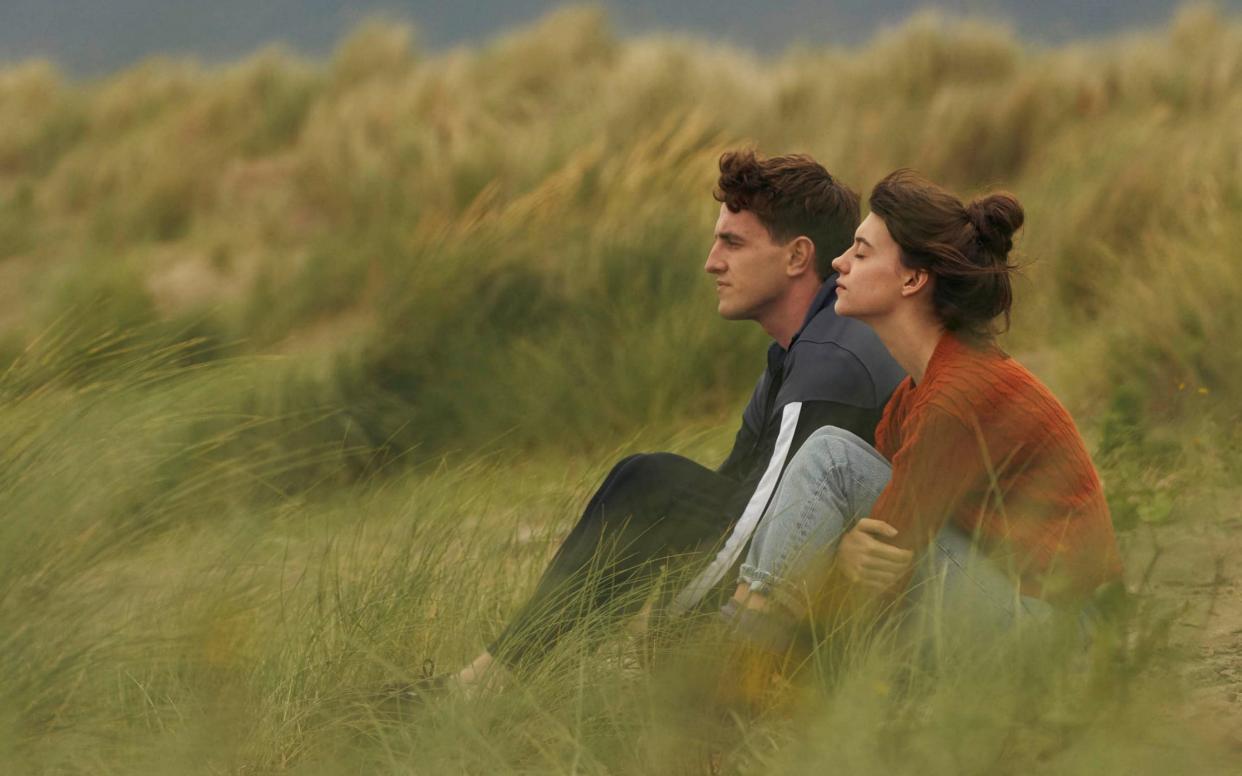Normal People, review: a rare treat - the TV drama that's better than the book

Does it matter if you have read Normal People, Sally Rooney’s coming-of-age novel, before seeing the BBC TV version? No. What matters is that you were once young. This is a story about first love and growing up, and it captures that time in life so perfectly that watching it transports you back there. It makes you wish you were 18 again, and thank God that you’re not, often in the same moment.
The protagonists are Marianne (Daisy Edgar-Jones) and Connell (Paul Mescal), in their final year at school in the west of Ireland. Marianne is lonely, miserable and picked on by classmates, but spirited and fiercely intelligent. Connell is effortlessly popular but more bashful and bookish than his friends.
Both leads are terrific and their chemistry is palpable but it is Mescal’s performance that stands out, perhaps because in the first two episodes he has more to convey; Connell is decent yet weak in the face of peer pressure, and less able to articulate his feelings than Marianne. It is a remarkable television debut.
The sex scenes in Normal People are intimate and tender and so true to life – awkward fumbling with a bra, anyone? – that they are a triumph both for the actors involved and for Lenny Abrahamson, who directed them. You expect the camera to cut away and it stays with them, but the scenes never feel exploitative. Abrahamson employed the intimacy coordinator Ita O’Brien, who also worked on Netflix’s Sex Education, but that is the only basis on which the two shows should be mentioned in the same breath.
The drama has been divided into half-hour episodes, which is a smart move and one that should be widely adopted (what is this trend lately for two-hour episodes of things?). It leaves you wanting more, and all 12 episodes are currently available on iPlayer. I rushed to watch episodes three and four, which move to Trinity College, Dublin, and find the roles reversed: here it is Marianne who finds friends and strength in numbers, while Connell is isolated and out of place.
The university years might be a better fit for the actors, who do look a touch old to be playing Sixth Formers (though it was ever thus: see the high school films of John Hughes). But it is the school days that make your heart ache. Fans of the book worried that the TV series wouldn’t do it justice. Thanks to the performances, the drama isn’t just as good as the book – it’s better.
